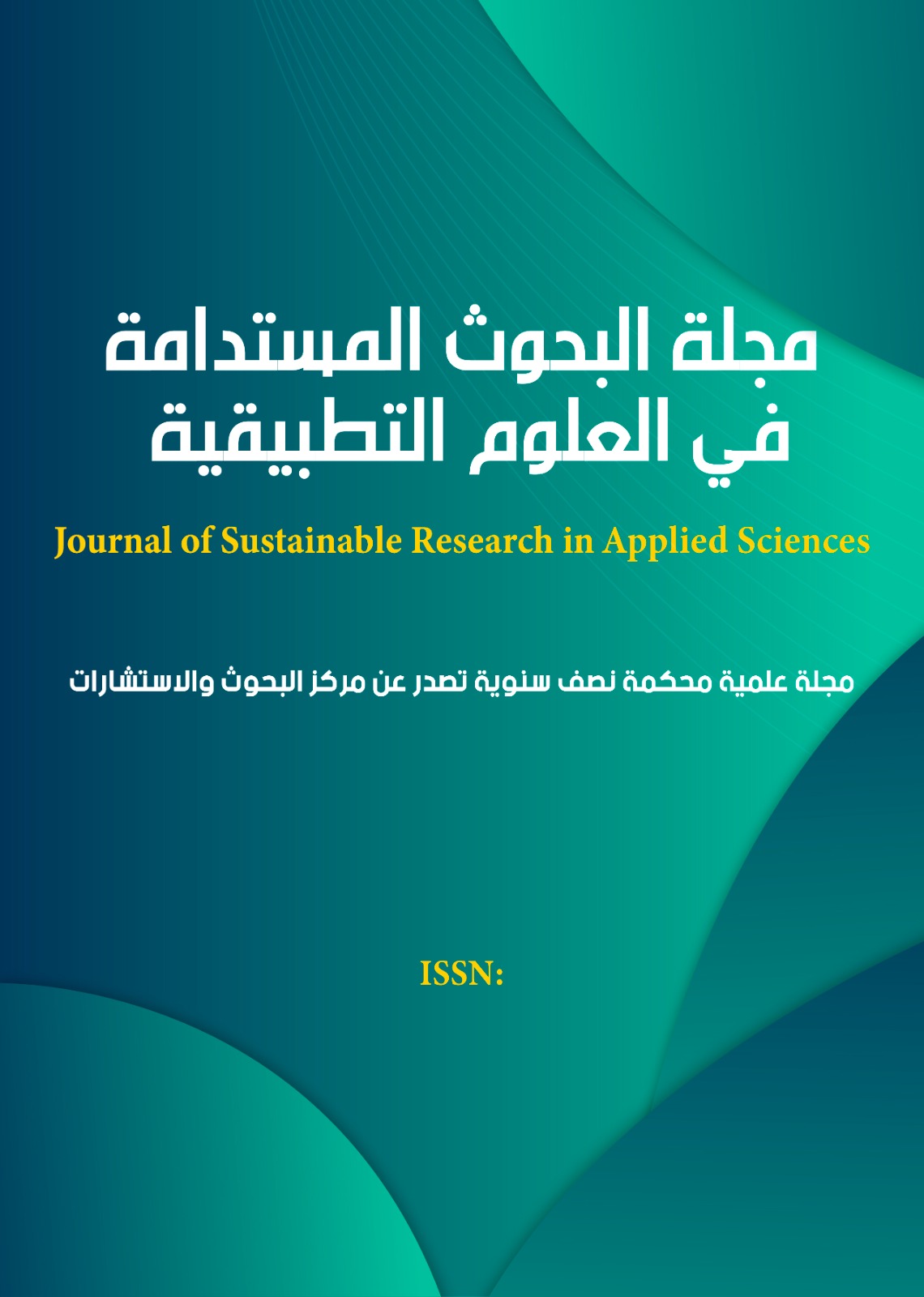BIOSYNTHESIS OF ZnO NANOPARTICLES USING OCIMUM BASILICUM LEAVES AND DETERMINATION OF ITS ANTIBACTERIAL ACTIVITY
Keywords:
green synthesis, ZnO nanoparticles, Ocimum basilicum, zinc acetate dihydrateAbstract
In this study, zinc oxide nanoparticles were prepared in an easy, simple, safe and cheap way known as green synthesis. This was done by the interaction between a solution of zinc acetate dihydrate and an aqueous extract of basil leaves, and the important bioactive compounds present in the extract were detected, and the synthesis of zinc oxide nanoparticles were characterized by UV-Vis and FT-IR spectrum. FTIR characterization of plant extract and ZnO nanoparticles depicted strong presence of important bioactive components in plant extract while weak presence or absence observed in ZnO nanoparticles supernatant layer, NPs IR spectrum showed a prominent sharp peak at 688cm-1 of hexagonal ZnO that was totally absent in the extracted spectrum. Moreover, the antimicrobial activity of synthesized nanoparticles was measured against bacteria Staphylococcus aureus, and Escherichia coli, and the results showed a high inhibition rate of zinc oxide nanoparticles against the growth of bacteria compared to the leaves extract. Thus a cheap and ecofriendly plant mediated complete method was used that can be exploited on a large scale.



